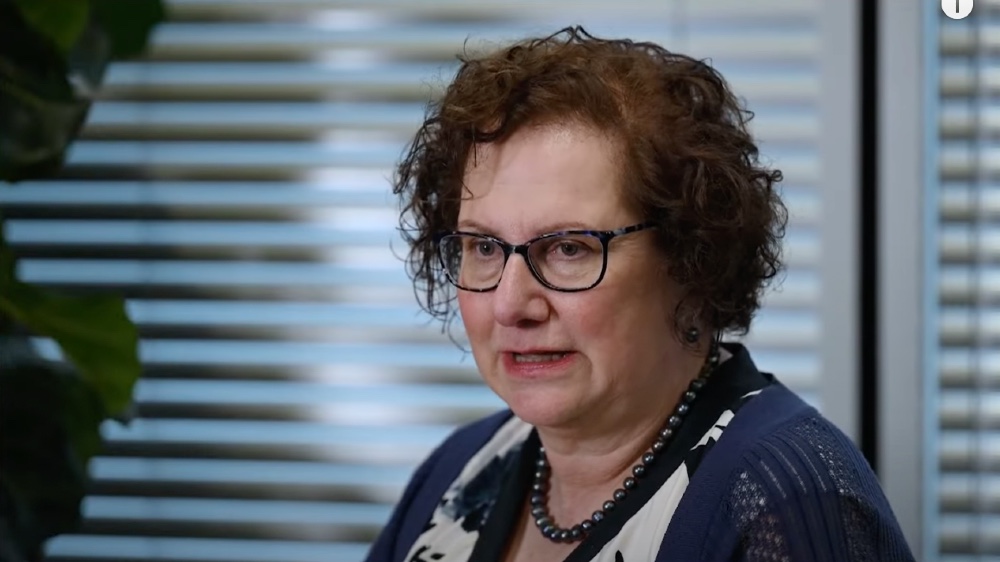
Guidelines on gender related treatment let children down, says major UK report
A long-anticipated review has delivered a savage blow to guidelines for transgender medicine in the United Kingdom. The final report of the Independent Review of gender identity services, chaired by paediatrician Hilary Cass says that widely accepted guidelines are built on sand.
Addressing the children affected by her findings, Professor Cass says, “research has let us all down, most importantly you.”
The review commissioned an appraisal of international guidelines and a survey of international practice.The results were “disappointing”, says Professor Cass. “The majority of clinical guidelines have not followed the international standards for guideline development.”
The World Professional Association of Transgender Healthcare (WPATH), which has been enormously influential around the world, has been under attack in recent weeks after internal discussions were leaked to the press. Professor Cass was scathing in her assessment of WPATH: its guidelines lacked “developmental rigour and transparency”.
The Review did not take a position on what causes gender dysphoria or how it should be treated. Instead, the thrust of its argument was simply that the evidence base for existing treatment was appallingly weak. “I can’t think of another area of paediatric care where we give young people a potentially irreversible treatment and have no idea what happens to them in adulthood,” said Professor Cass in a stinging interview with the editor in chief of the BMJ, Kamran Abbasi.
On the controversial issue of puberty blockers, Professor Cass said that the evidence was poor. “One of the problems is that health professionals are really unclear about why they’re giving them. Most people who go on a puberty blocker pathway go on to a full medical transition. So it doesn’t seem to be buying time to think [as originally intended].”
Cass’s review stresses the need for a holistic approach to the health of distressed young people. “For the majority of young people, a medical pathway may not be the best way to achieve this,” says the review. “For those young people for whom a medical pathway is clinically indicated, it is not enough to provide this in the absence of addressing any wider mental health and/or psychosocially challenging problems such as family breakdown, barriers to participation in school life or social activities, bullying, and minority stress.”
The toxicity of the debate over transgender issues has had an impact upon care of young people. “There are few other areas of healthcare where professionals are so afraid to openly discuss their views, where people are vilified on social media, and where name-calling echoes the worst bullying behaviour,” said Professor Cass. As a consequence, the quality and availability of the evidence have suffered.
The impact of the Cass report is bound to be far-reaching. As The Economist noted, “Its conclusions will reverberate on both sides of the Atlantic, where standards of care differ wildly.”
